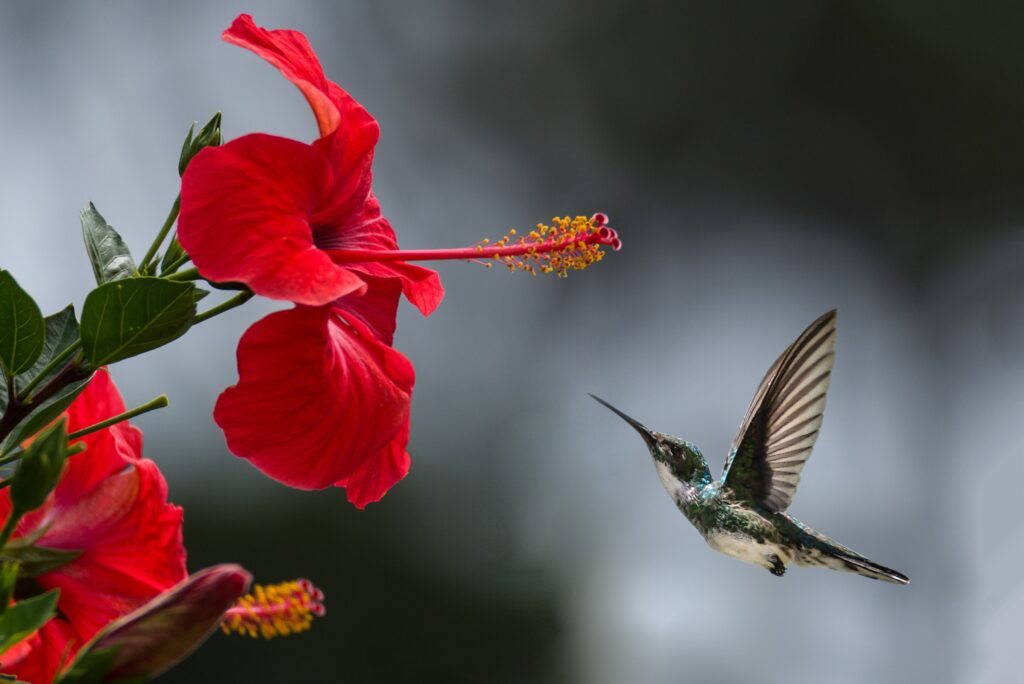
Ornithology is a great field of study for those who want to learn more about birds and have always been captivated by their beauty and intricacy. By 2023, there will be a plethora of options for students interested in avian science. But it might be confusing to figure out where to begin, given the abundance of available alternatives. Read on to learn more about ornithology graduate programs, including admissions, coursework, funding opportunities, and more. Let’s launch you into a career as an ornithological master!
Eligibility
It is crucial to know whether you meet the admissions criteria before applying to a graduate program in ornithology. Applicants should have at least a bachelor’s degree in ornithology before applying. However, some programs may consider applicants with degrees in other fields who have relevant experience or coursework. Several schools also look for candidates to have stellar GPAs and excellent GRE scores. Courses or research experience in ornithology or ecology may be required by certain programs.
Methods Of Application
The prospect of applying to a graduate program in ornithology might be intimidating at first. But, with forethought and care, it may go off without a hitch. The first step is to do extensive research on various ornithology degree programs to find those that are a good fit for your educational and professional objectives. After you’ve settled on a handful of potential schools, it’s time to start researching their application processes. Documents like GRE scores, a writing sample, and letters of reference are all good examples of what you may provide. Keep in mind that this is your chance to show off your love of birds and prove why you should be accepted to an ornithology major.
Conditions Of Entrance
Certain standards must be met to enroll in a graduate program in ornithology. Initially, you need a bachelor’s ornithology degree or biology or a closely related discipline from a recognized university. The minimum grade point average expected is 3.0 on a 4.0 scale. The Graduate Record Examination (GRE) is also required by most institutions. It is a standardized exam used to evaluate analytical writing, quantitative thinking, and verbal reasoning. There is also a diagnostic essay that applicants typically should write too. Taking practice examinations and reading study guides can help you get ready for the GRE. If you need letters of recommendation, do the following:
- Seek professors or other professionals who are familiar with your work and can vouch for your academic skills and potential.
- Understand that a well-written personal statement outlining your research interests and professional aspirations is required.
Help With Money
A graduate student in ornithology needs to plan financially. As luck would have it, there is a wide range of scholarships, grants, loans, and work-study ornithologist studies designed specifically to lighten the load of educational and living costs. Opportunities for financial aid are available via institutions of higher learning, non-profit organizations, and private foundations. Scholarships are given out for a variety of reasons, including academic achievement and participation in specialized research.
Conclusion
People with a deep commitment to birds and their preservation may find success in pursuing graduate studies in ornithology. Each school has its own set of guidelines when it comes to admission, financial assistance, courses of study, and other criteria. Before applying to a program, it is in your best interest to learn everything you can about it and make sure it fits in with your long-term plans. Working diligently for your degrees in ornithology may lead to rewarding careers supporting bird conservation, teaching, and research.